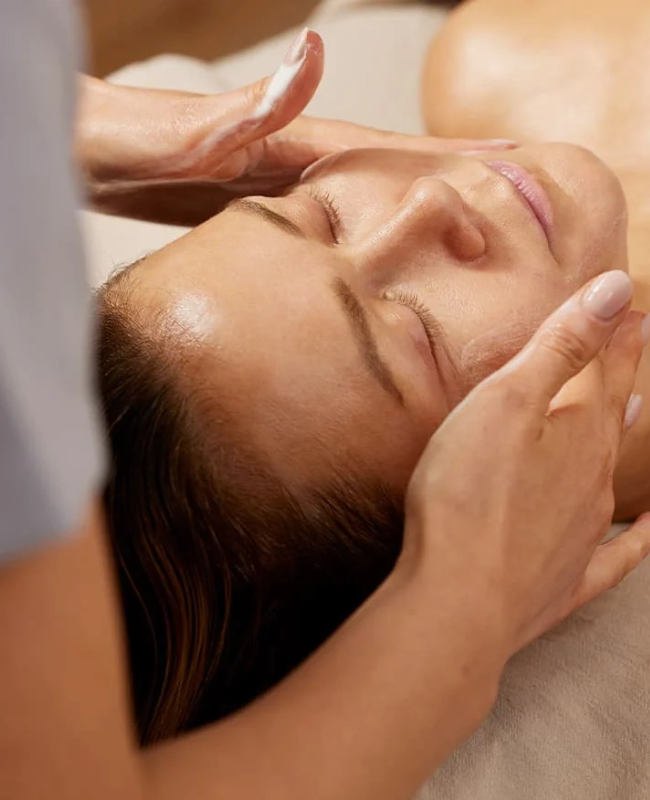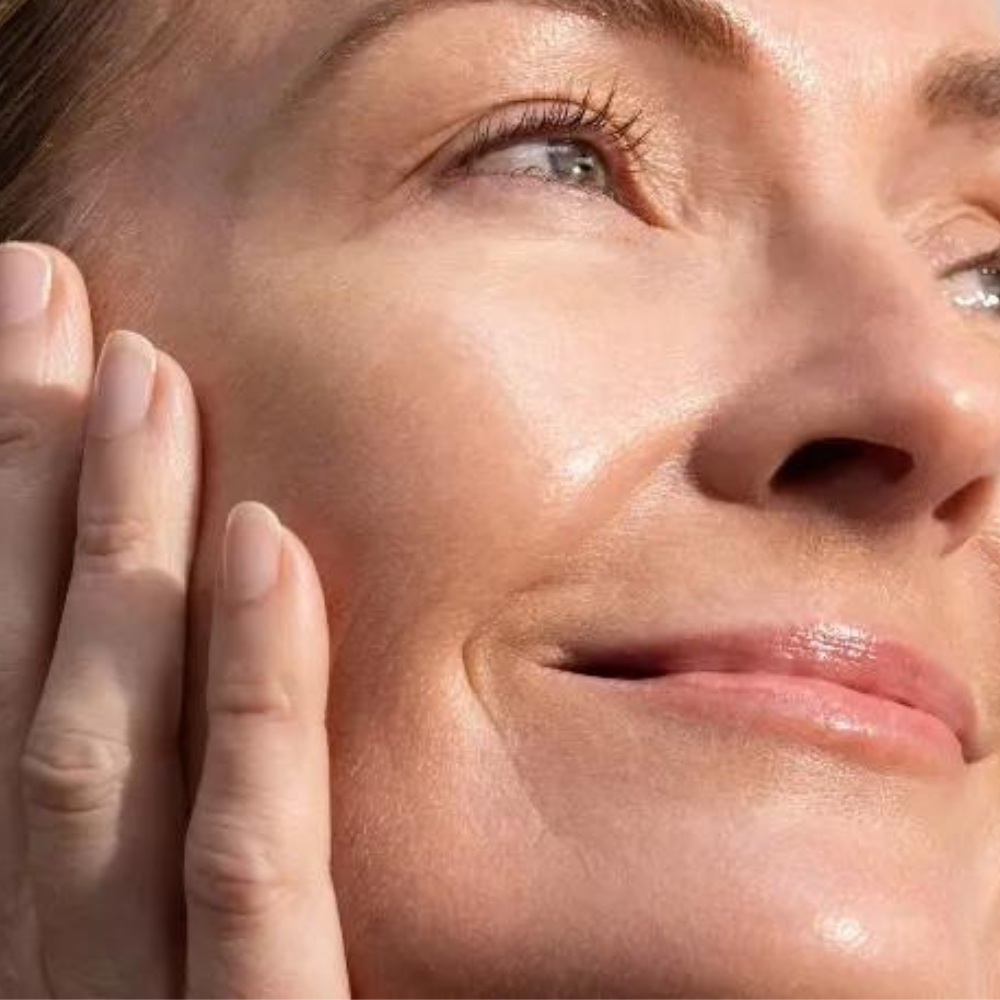What Does Vitamin A Do For Skin?
Breaking down the benefits of vitamin A for the skin and the different types of vitamin A
“Vitamin A is considered to be the gold standard cosmeceutical for almost all skin types.” – Terri (Vinson) Jones
Dr. Albert Kligman first harnessed the power of vitamin A as an essential skin ingredient in the form of retinoic acid; proving that vitamin A for acne produces a highly effective remedy that regulates the oil glands and cell turnover. Kligman went on to determine that this clever retinoic acid molecule was also able to reduce skin pigmentation and address fine lines in many of his patients.
Fast forward over fifty years and retinoids are still considered the royal family of cosmeceuticals. Vitamin A has been used to address the visible signs of ageing whilst addressing over 125 skin conditions including acne, psoriasis, pigmentation, wrinkle reduction, and sun damage. However, not all types of vitamin A are suitable for every skin type, and it can often be challenging to find clear answers when prescribing for your own skin concerns. So let’s take a deep dive into the facts of vitamin A.
The Benefits of Vitamin A For Skin
Vitamin A is often referred to as the great ‘cellular regulator’ due to its ability to control cell growth and differentiation. Retinoids (the different types vitamin A) are extremely powerful as they are able to program our genes (DNA) in the nucleus of our cells to perform many of our cell functions. How amazing is that?
The following are some specific benefits of vitamin A for the skin:
Vitamin A for Acne and Oil Regulation
One of the most effective topical treatments for overactive oil (sebaceous) glands is retinoids. Oil gland cells (sebocytes) are overly active in acne sufferers, and have receptors on their surface that bind to vitamin A. This initiates a cascade of events that normalises their growth pattern to reduce sebum (oil) production. Retinoids cause oil glands to decrease in size and reduce their growth rate, resulting in dramatically decreased oil production - a win for acne sufferers and those with excessively oily skin!
Vitamin A for Pigmentation Reduction
Vitamin A reduces the activity of tyrosinase: an enzyme critical to producing melanin. Vitamin A also reduces the clumping of pigment in the base of the epidermis and makes the pigment particles (melanosomes) smaller and less visible. Furthermore, because the cells are turning over in an orderly manner, the excess pigment trapped in the upper layer of the skin is removed more efficiently.
Vitamin A for Sun Damaged Skin
UV light increases the production of substances called MMPs, which are enzymes that break down our collagen. Vitamin A inhibits these MMP’s and, as a result, preserves healthy collagen. It is also able to reverse damaging (and sometimes lethal) DNA mutations in our cells, which are caused by UVA and UVB light.
Vitamin A for Collagen Stimulation
Vitamin A causes stimulation of fibroblasts - the cells that make collagen in the deeper skin layers (dermis) - resulting in a reduction of fine lines.
Vitamin A for Regulation of Cell Turnover
On the nucleus of our cells, there are special receptors (RARs and RXRs) that are specific to vitamin A. It’s important to understand that all the different types of vitamin A in skincare products MUST be converted to retinoic acid in the skin cells so that our skin can enjoy all the incredible benefits of vitamin A. When retinoic acid binds to these receptors (mainly in the epidermis of the skin) the DNA is programmed to normalise the turnover of our skin cells, allowing them to shed efficiently and causing the skin to glow with vitality. Vitamin A also reduces cell inflammation and over-production whilst thickening the epidermis to give a more youthful appearance to the skin.
Products in the A Family
*Not suitable for individuals who are pregnant or lactating




